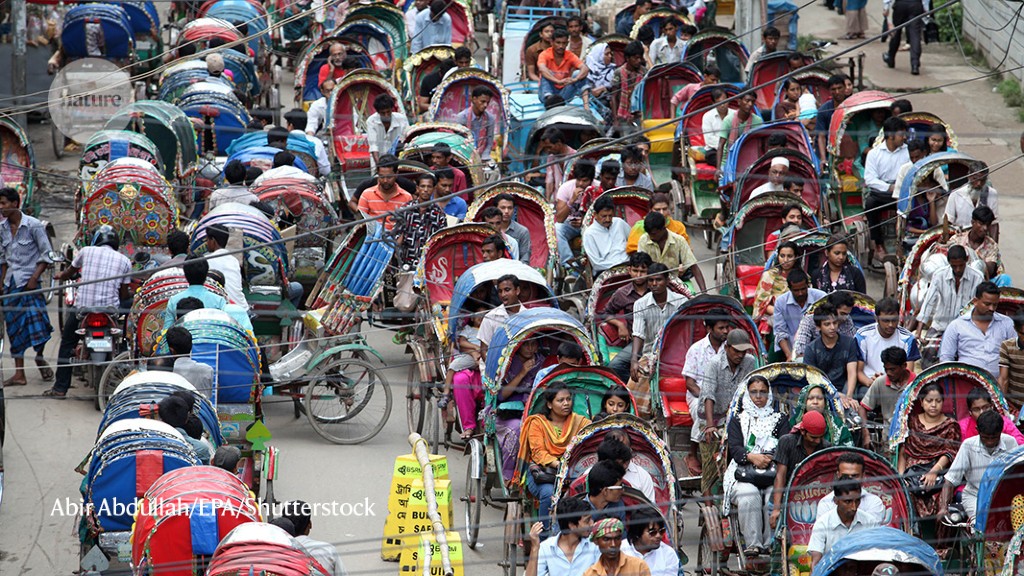To Fix Peer Review, Break It into Stages
All data should get checked, but not every article needs an expert.

Send us a link
All data should get checked, but not every article needs an expert.

Indigenous communities' knowledge and approaches enrich studies.

Estimates of impending risk ignore a big player in regional change and climate extremes.

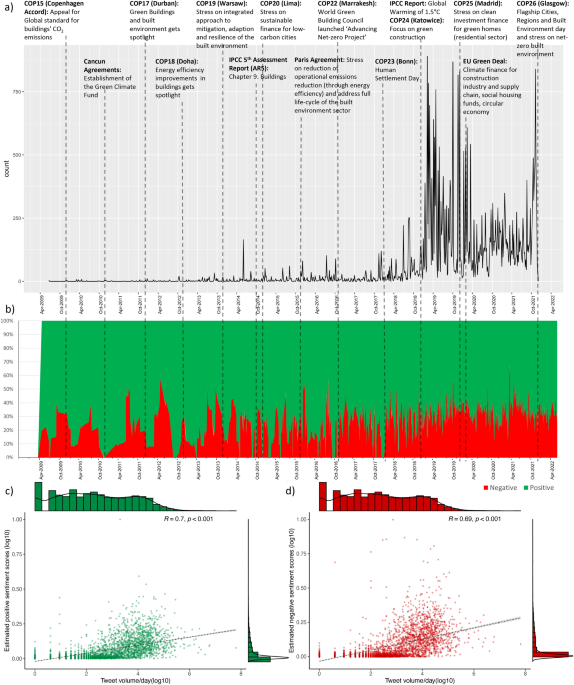
Researchers relieved by decision to reaffirm previous spending commitments.
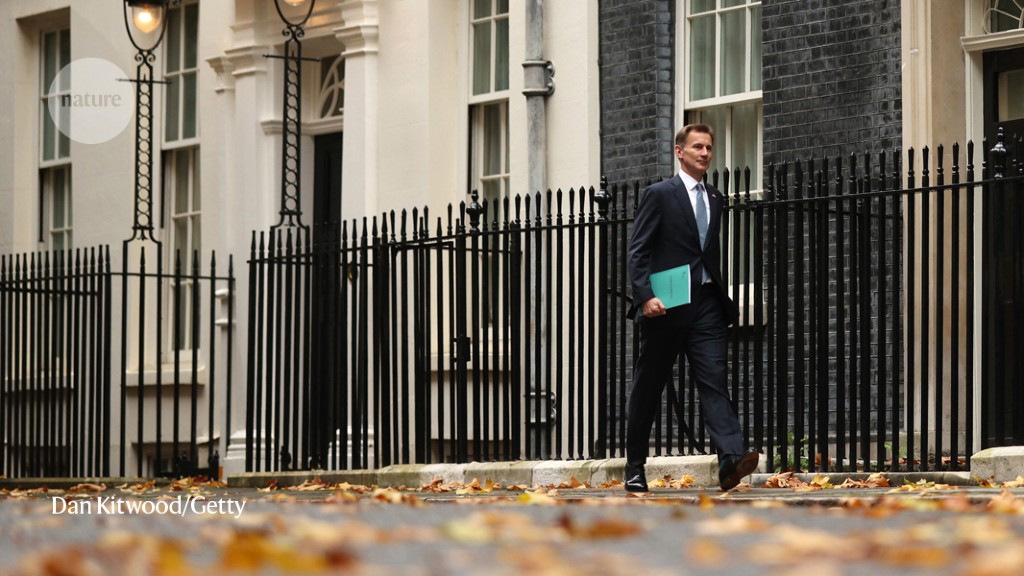
Applying behavioural science can support system-level change for climate protection. Behavioural scientists should provide reliable large-scale data and governments should secure infrastructure for data collection and the implementation of evidence.
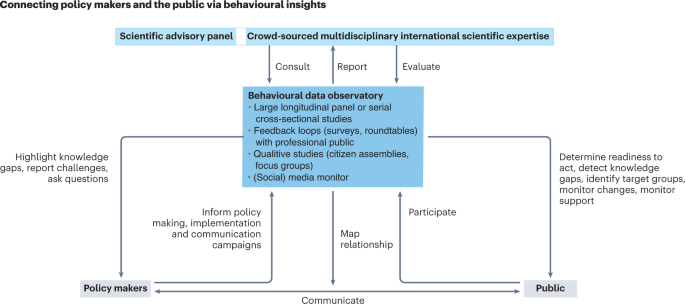
Interventions designed to improve agricultural practices often lack a solid evidence base. A new initiative could change that.
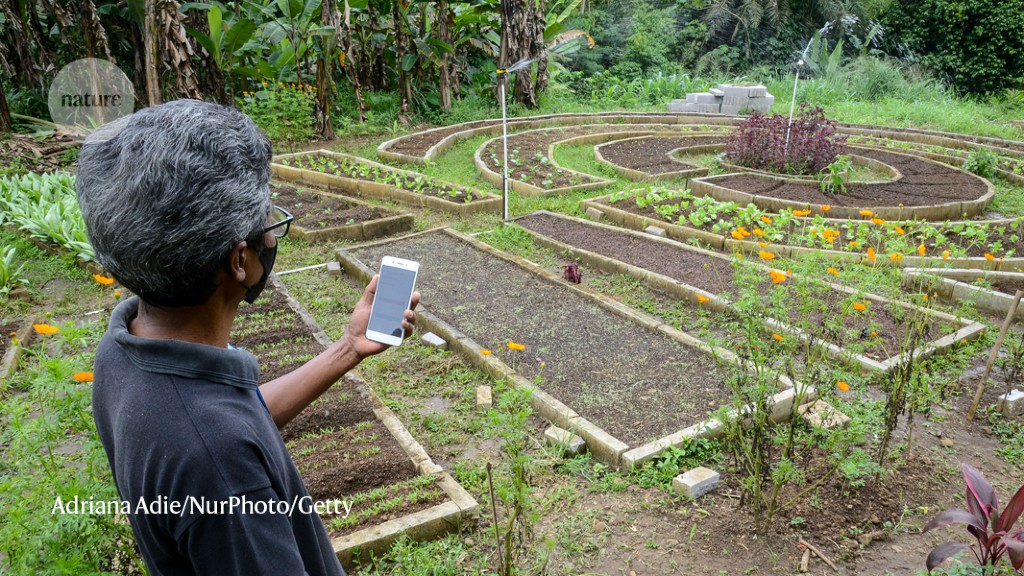
When women refuse requests to do unrewarded tasks, another female colleague often gets asked instead.

Researchers project changes ahead for federal science if Republicans take control of either chamber of Congress.
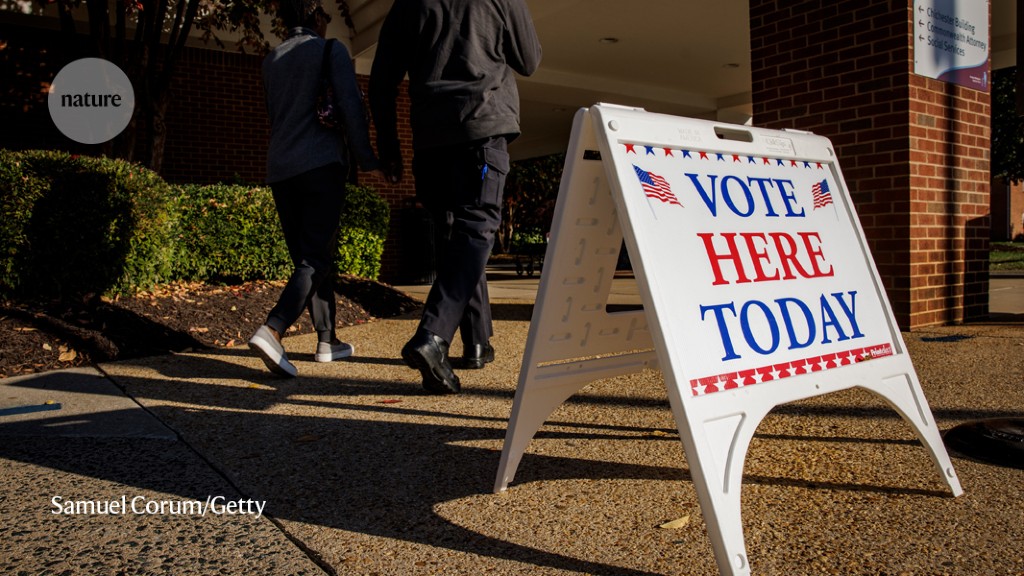
Oliver Müller's brief tenure at the technology giant taught him that many skills acquired in academia are highly valued.

The cost-of-living crisis is a fundamental threat for PhD scholars and early-career researchers. They need to be paid properly.
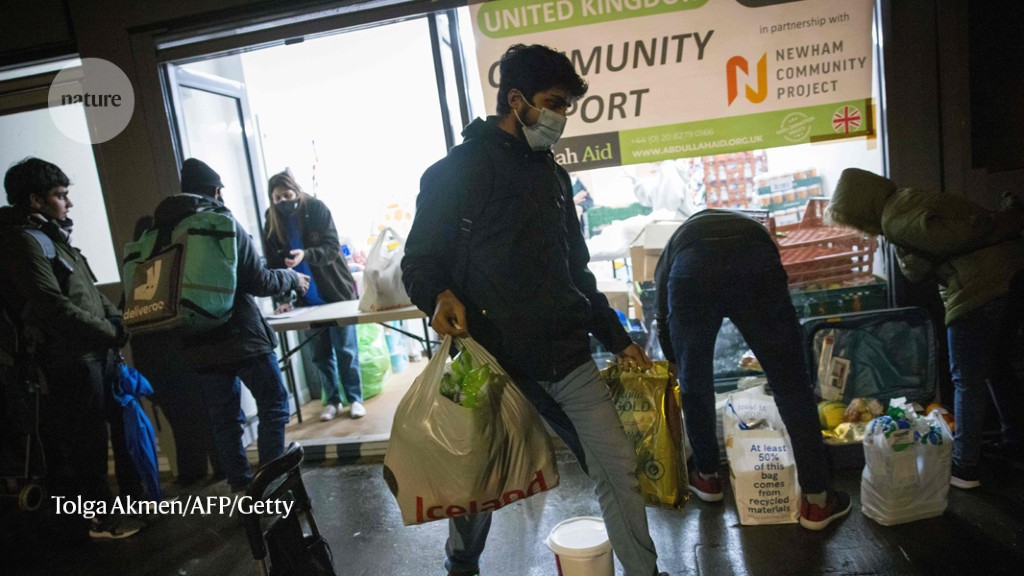
The cost-of-living crisis is causing widespread financial distress among those in master's and PhD programmes worldwide.

Everyone hates them and they're rarely essential, say Adaira Landry and Resa E. Lewiss. So why are we still getting the calendar invites?

At the Chinese Communist Party's 20th congress, Xi laid out his vision for science and innovation to drive the country's growth.

The United Nations Sustainable Development Goals are not a priority for research in high-income countries. That must change.
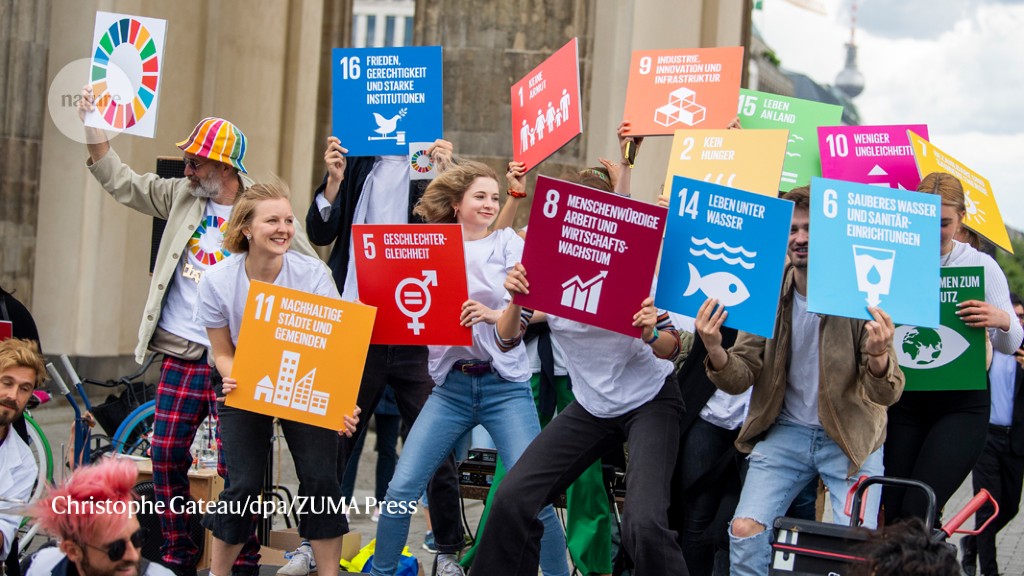
People are more likely to land high-paying jobs through friends of friends than through their close friends or family, study finds.

University associations, legislators, students and other stakeholders release a declaration on ways to recruit and retain early-career researchers in academia.
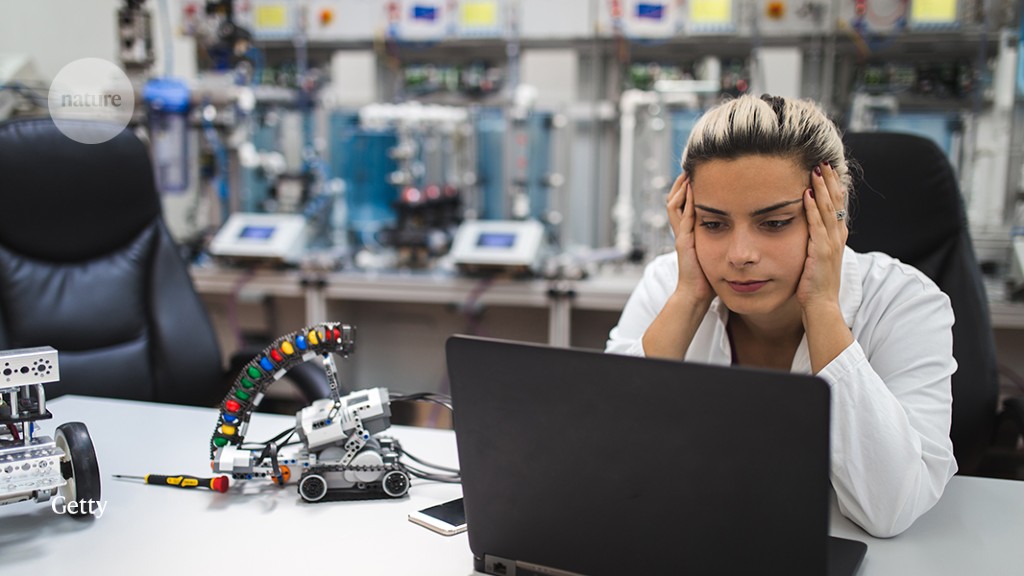
Research software is a fundamental and vital part of research, yet significant challenges to discoverability, productivity, quality, reproducibility, and sustainability exist.
The Science family of journals will soon allow authors to publicly share manuscripts more widely without incurring fees.

The way that the global north pays for publishing hampers public, scholar-led efforts in Latin America.

The rapid rise in obesity rates among school children in Latin America and the Caribbean (LAC) could have a direct impact on the region's physical and mental health, disability, and mortality. This review presents the available interventions likely to reduce, mitigate and/or prevent obesity among school children in LAC by modifying the food and built environments within and around schools. Two independent reviewers searched five databases: MEDLINE, Web of Science, Cochrane Library, Scopus and Latin American and Caribbean Health Sciences Literature for peer-reviewed literature published from 1 January 2000 to September 2021; searching and screening prospective studies published in English, Spanish and Portuguese. This was followed by data extraction and quality assessment using the Cochrane risk-of-bias tool (RoB 2) and the Risk of Bias in Non-Randomized Studies of Interventions (ROBINS-I), adopting also the PRISMA 2020 guidelines. Due to the heterogeneity of the intervention's characteristics and obesity-related measurements across studies, a narrative synthesis was conducted. A total of 1342 research papers were screened, and 9 studies were included; 4 in Mexico, and 1 each in Argentina, Brazil, Chile, Colombia, and Ecuador. Four studies reported strategies for modifying food provision; four other targeted the built environment, (modifying school premises and providing materials for physical activity); a final study included both food and built environment intervention components. Overall, two studies reported that the intervention was significantly associated with a lower increase over time in BMI/obesity in the intervention against the control group. The remaining studies were non-significant. Data suggest that school environmental interventions, complementing nutritional and physical education can contribute to reduce incremental childhood obesity trends. However, evidence of the extent to which food and built environment components factor into obesogenic environments, within and around school grounds is inconclusive. Insufficient data hindered any urban/rural comparisons. Further school environmental intervention studies to inform policies for preventing/reducing childhood obesity in LAC are needed.
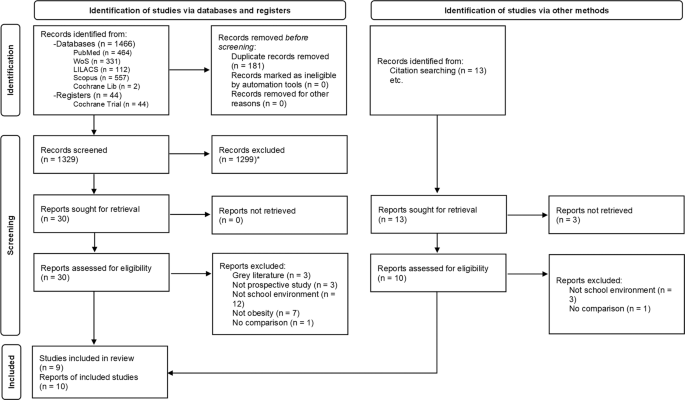
When programmes expand, new complexities and indirect consequences must be studied.
